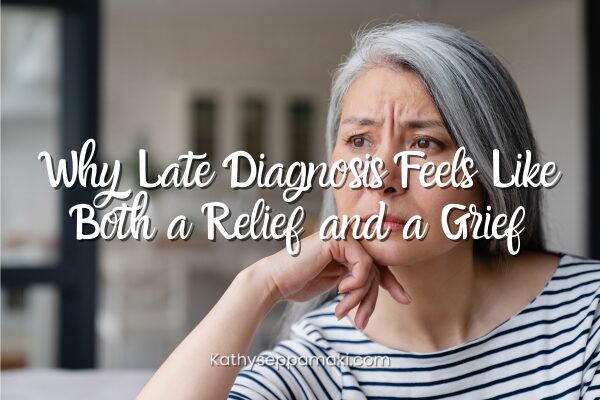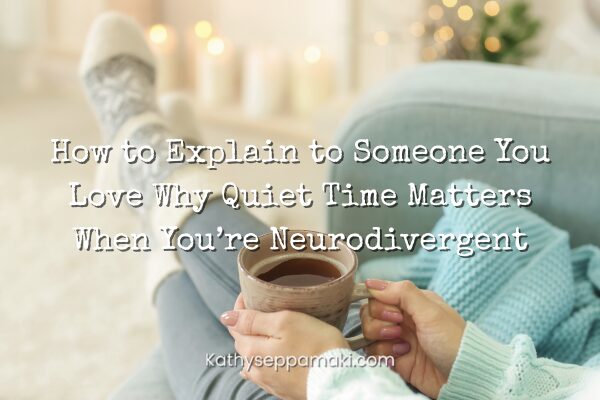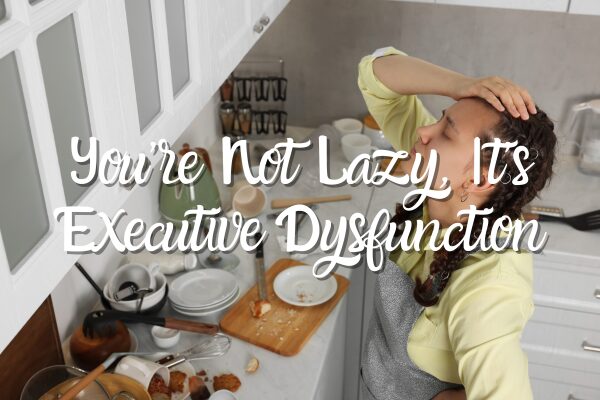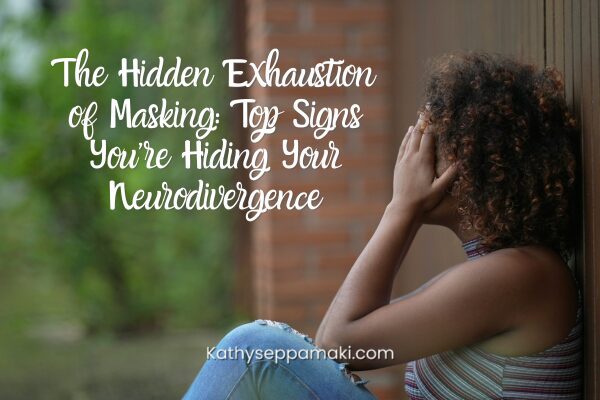For many of us who discover we’re neurodivergent later in life, that moment of late diagnosis (or self-identification) can feel like a tidal wave. It’s the moment when everything finally starts to make sense, yet at the same time, it can break your heart wide open. The journey of learning you have ADHD or autism in midlife often brings two very different emotions that exist side by side: relief and grief.
I was shocked at the way both showed up in my life when I discovered my AuDHD. A weight had been lifted off my shoulders, and yet I was blindsided by the grief. It was something I never could’ve expected.
Finally seeing yourself clearly
For decades, you may have wondered why things that seemed easy for others felt like climbing a mountain for you. You might have blamed yourself for being “lazy,” “too sensitive,” “disorganized,” or “too much.” When you finally learn that your brain simply works differently, there’s an incredible sense of validation.
You realize that you were never broken, just misunderstood.
*You start to see your life through a new lens of self-compassion.
*You discover that your quirks, sensitivities, and creative ways of thinking are not flaws but features of a beautifully unique brain.
That’s the relief part, the exhale after a lifetime of holding your breath. It’s the “Oh. It was never my fault.” It’s the freedom to begin rebuilding your relationship with yourself on a foundation of understanding instead of shame.
Mourning what could have been
But then comes the grief. The realization of how different life might have been if you’d known earlier.
You start to think about the years spent trying to fit in, masking your true self just to survive. Remembering the friendships lost, the jobs that burned you out, the times you were punished or criticized for things that were symptoms, not moral failings. You might even grieve the version of yourself who tried so hard…the one who didn’t know she was already doing her best.
This grief is valid. It’s the mourning of missed opportunities, misunderstood struggles, and the exhaustion of decades spent pretending. It’s the ache of realizing how much you endured without the right tools or support.
Holding both at once
The beauty and challenge of late diagnosis is that you have to hold both truths: the relief of knowing and the grief of not knowing sooner. Healing doesn’t mean choosing one feeling over the other; it means allowing them to coexist.
Some days you’ll feel empowered and grateful for your newfound clarity. Other days, you’ll feel the sting of loss for all the time spent not understanding yourself. Both are part of the same story, a story of self-discovery, compassion, and rebirth.
Moving forward with grace
If you’re in this stage of your journey, be gentle with yourself. Let the relief wash over you, but don’t rush the grief. Both emotions have wisdom to share. The grief shows you where you need to heal; the relief shows you where to begin again.
Because now that you know, you can start living in alignment with who you truly are, not who the world expected you to be. And that’s where real freedom begins.




